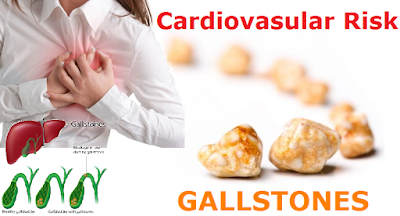With a new ban on antibacterial soap, the US government is finally acknowledging that it’s not just ineffective, it’s also dangerous
Fear is a potent marketing tool. Consider how a Listerine advertising campaign in the 1920s literally turned bad breath into a disease (and sold a ton of mouthwash along the way) or the run on potassium iodide in North America after the Fukushima nuclear power plant disaster in 2011.
Then there are antibacterial soaps and body washes, which have targeted—and arguably created—a widespread fear of disease-causing bacteria lurking on every surface of our homes and bodies. Sales of antibacterial soap skyrocketed during the 2009 H1N1 flu sale and have stayed strong since, as brands marketed their antibacterials as scientifically proven to clean better than the stuff you used to keep by your sink.
 |
| Lather up, but just use regular soap. (Mariana Bazo/Reuters) |
Source: quartz


















